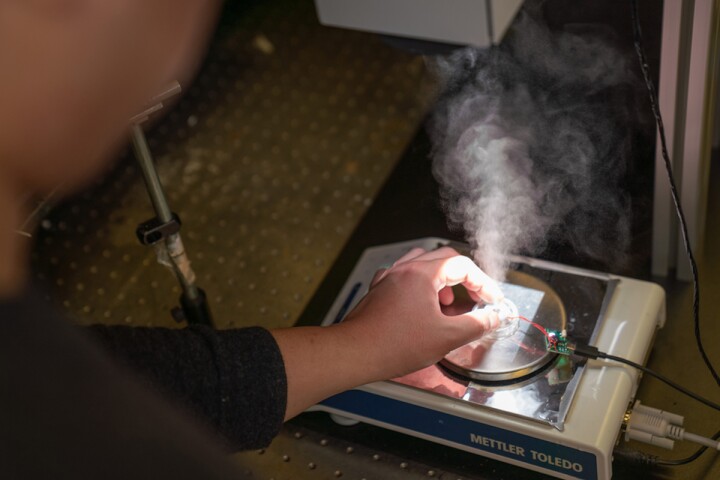For those with elderly or special needs relatives or friends who live by themselves, it is not always practical to check on their well-being all of the time. Sure, you could drop by or call them on the phone, but if it’s too late or too early in the day, this is inconvenient for both you and them. Evermind helps address these problems by alerting you remotely when electrical appliances are switched on and off by the person that you care about, indicating that they are active and everything is normal.
Most people perform daily tasks such as making coffee when they wake, turning on the radio to listen to the news at midday, or turning on the TV in the evening and off again just before bed. Evermind keeps track of these activities and sends text messages or email notifications throughout the day and alerts when variations in activity may warrant further investigation.
To set up the system, Evermind sensors are simply plugged into the AC outlet in the monitored person’s house and then the appliance being used is plugged into it as if it were a double adapter. When appliances are switched on and off, the Evermind sends information to a dedicated network via built-in wireless internet. According to the creators, no home internet connection is required for this to work.

Dependent on how you enable the system, users can receive a text message on their smartphone, such as "Coffee maker on at 7 am" and, depending on user preference, Evermind will send a notification when an appliance is switched on for too long or not used within a specified time period.
A user account can also be enabled on the Evermind website from a computer, tablet, or smart phone device, from where the user may tailor the alerts, messages, and specify time periods to monitor. The online capability to monitor household appliance usage, according to the creators, can provide greater insight into long-term trends of the monitored person’s well-being over time and enable users to more easily spot anomalies in routines that may alert them to possible problems.
Prices for Evermind start at US$199 for a 3 piece sensor kit plus $29 per month for the monitoring service.
The short video below shows some of the devices in action.
Source: Evermind







